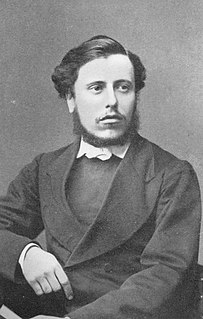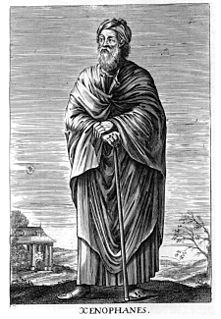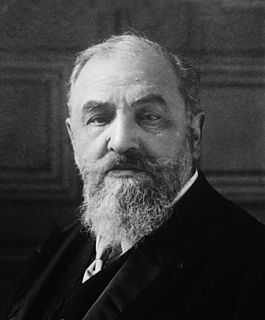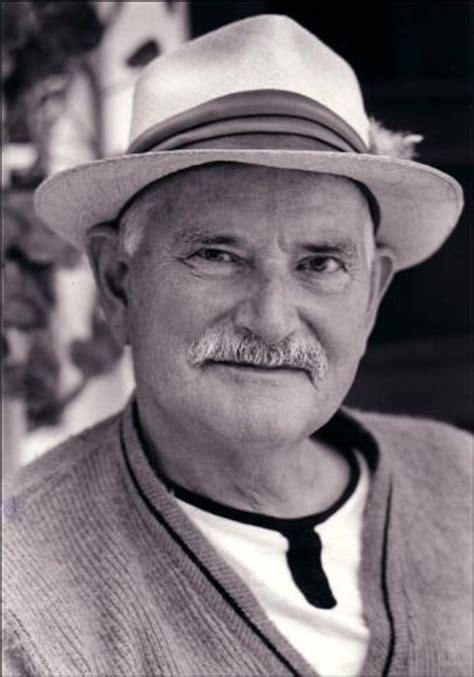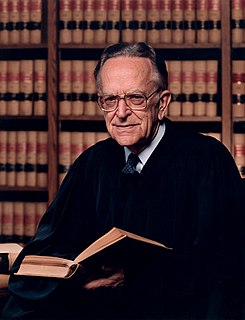A Quote by William Robertson Smith
Belief in a certain series of myths was neither obligatory as a part of the true religion, nor was it supposed that, by believing, a man acquired religious merit and conciliated the favour of the gods.
Related Quotes
Every man feels that perception gives him an invincible belief of the existence of that which he perceives; and that this belief is not the effect of reasoning, but the immediate consequence of perception. When philosophers have wearied themselves and their readers with their speculations upon this subject, they can neither strengthen this belief, nor weaken it; nor can they shew how it is produced. It puts the philosopher and the peasant upon a level; and neither of them can give any other reason for believing his senses, than that he finds it impossible for him to do otherwise.
About belief or lack of belief in an afterlife: Some of you may know that I am neither Christian nor Jewish nor Buddist, nor a conventionally religious person of any sort. I am a humanist, which mean, in part, that I have tried to behave decently without any expectation of rewards or punishments after I'm dead.
The "establishment of religion" clause of the First Amendment means at least this: Neither a state nor the Federal Government can set up a church. Neither can pass laws which aid one religion, aid all religions, or prefer one religion over another. Neither can force nor influence a person to go to or to remain away from church against his will or force him to profess a belief or disbelief in any religion.
The Gods did not reveal, from the beginning, all things to us, but in the course of time through seeking we may learn & know things better. But as for certain truth no man knows it, nor shall he know it, neither of the Gods nor yet of all things that I speak. For even if by chance he were to utter The Final Truth, he would himself not know it: for all is but a woven web of guesses.
During the youthful period of mankind's spiritual evolution human fantasy created gods in man's own image, who, by the operations of their will were supposed to determine, or at any rate to influence, the phenomenal world. Man sought to alter the disposition of these gods in his own favour by means of magic and prayer.
It goes with the passionate intensity and deep conviction of the truth of a religious belief, and of course of the importance of the superstitious observances that go with it, that we should want others to share it - and the only certain way to cause a religious belief to be held by everyone is to liquidate nonbelievers. The price in blood and tears that mankind generally has had to pay for the comfort and spiritual refreshment that religion has brought to a few has been too great to justify our entrusting moral accountancy to religious belief.
The Free Exercise Clause at the very least was designed to guarantee freedom of conscience by prohibiting any degree of compulsion in matters of belief. It was offended by a burden on one's religion. The Establishment Clause can be understood as designed in part to ensure that the advancement of religion comes only from the voluntary efforts of its proponents and not from support by the state. Religious groups are to prosper or perish on the intrinsic merit and attraction of their beliefs and practices.
We repeat and again reaffirm that neither a State nor the Federal Government can constitutionally force a person "to profess a belief or disbelief in any religion." Neither can constitutionally pass laws or impose requirements which aid all religions as against nonbelievers, and neither can aid those religions based on a belief in the existence of God as against those religions founded on different beliefs.
The death of God represents not only the realization that gods have never existed, but the contention that such a belief is no longer even irrationally possible: that neither reason nor the taste and temper of the times condones it. The belief lingers on, of course, but it does so like astrology or a faith in a flat earth.
